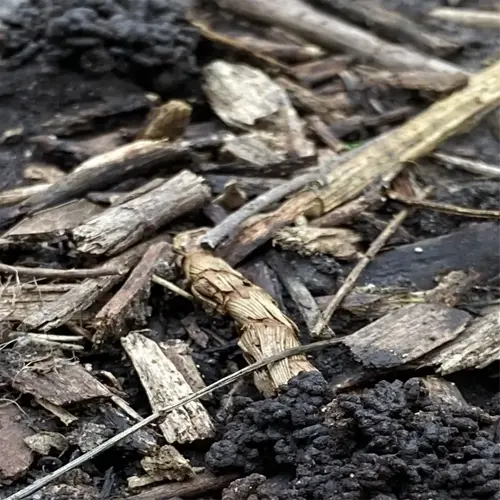Which flowers best attract pest-controlling insects?

Written by
Tina Carter
Reviewed by
Prof. Charles Hartman, Ph.D.The role of flowers in attracting pest-controlling insects to gardens is crucial. I changed my pest problems by planting certain flowers that attract natural predators. For example, I have goldenrod that attracts parasitic wasps, which have helped eliminate my tomato hornworms. And your garden can enjoy the same benefits by planting strategically, far away from your crops that are susceptible to pests.
Goldenrod
- Attracts: Parasitic wasps and tachinid flies
- Pest Control: Targets hornworms and aphids
- Blooming: Late summer to fall for seasonal coverage
- Planting Tip: Border plant near nightshades
Dill & Fennel
- Attracts: Lacewings and hoverflies
- Pest Control: Eliminates whiteflies and thrips
- Blooming: Continuous summer blooms
- Planting Tip: Interplant with cucumbers
Alyssum
- Attracts: Minute pirate bugs and ground beetles
- Pest Control: Controls spider mites and insect eggs
- Blooming: Spring through frost
- Planting Tip: Ground cover under roses
Sunflowers produce key extrafloral nectaries that provide ladybugs with a food source during outbreaks of aphids. I plant some as they will grow tall along the rows of my beans. These tall flowers will not only provide more shelter for the ladybugs, but also offer their special nectar glands as a free energy source for these pest-hunting insects day and night.
Utilize continuous bloom strategies to protect crops throughout the year. For example, start your shopping with spring crocuses to encourage early-season pollinators, and then plant summer zinnias, and finish with fall asters. Even in these three seasons, predators will still be present during the seasonal transition. Your plants and produce will be continuously protected.
Refrain from hybrid flowers with double blooms that conceal nectar. Choose single-petal varieties, such as daisies and Queen Anne's lace. I increased beneficial insect traffic by 70% through native species vs ornamental hybrids in my flower borders.
Read the full article: Beneficial Insects Garden Natural Pest Control

